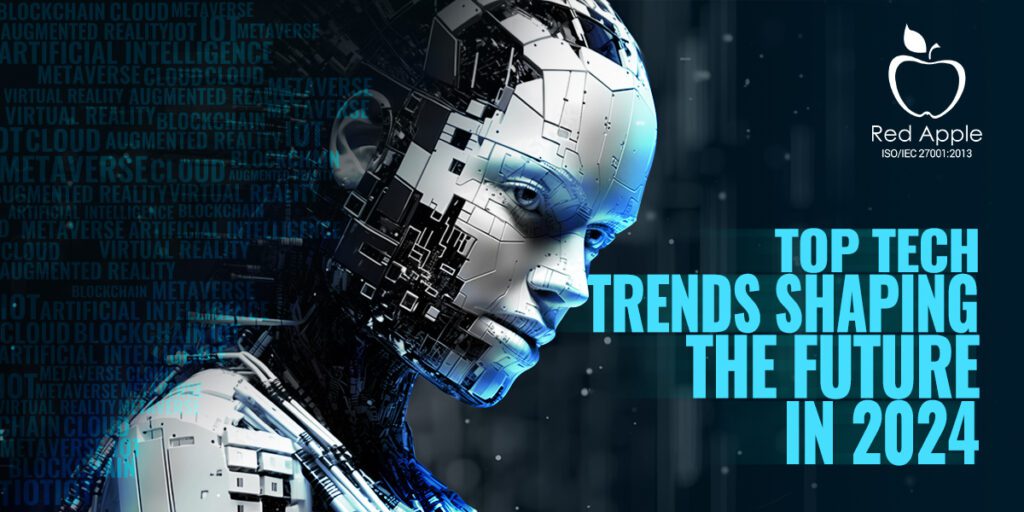In the coming years, we can expect significant advancements in blockchain, VR, and IoT technologies. Blockchain is evolving beyond cryptocurrencies with innovations like smart contracts and decentralized finance. VR is becoming more immersive and widely used in industries like healthcare and education. IoT is seeing developments in edge computing and digital twin technology, enhancing efficiency and insights. These technologies will continue to revolutionize various industries and our daily lives, offering increased scalability, interoperability, security, and accessibility. With the growth of connected devices and data, blockchain, VR, and IoT will play a crucial role in driving innovation and connectivity in the future.
The Latest Innovations in Blockchain, VR, and IoT: What to Expect in the Coming Years
Introduction
Blockchain, Virtual Reality (VR), and Internet of Things (IoT) are three of the most disruptive technologies of the modern era. These technologies have the potential to revolutionize various industries and change the way we live and work. In this article, we will explore the latest innovations in blockchain, VR, and IoT and discuss what to expect in the coming years.
Blockchain
Blockchain technology, which was originally developed for cryptocurrencies like Bitcoin, has now evolved to be used in various other industries. One of the most significant advancements in blockchain is the development of smart contracts. Smart contracts are self-executing contracts with the terms of the agreement between buyer and seller directly written into lines of code. They automatically enforce the terms of the contract and eliminate the need for intermediaries.
Another innovation in blockchain is the rise of decentralized finance (DeFi). DeFi platforms leverage blockchain technology to provide financial services without the need for traditional banks or financial institutions. This allows for greater financial inclusion and accessibility to a wider range of financial services for individuals around the world.
Looking ahead, we can expect to see further advancements in blockchain technology, such as improved scalability, interoperability between different blockchains, and increased security measures to protect against hacks and fraud.
Virtual Reality (VR)
Virtual Reality (VR) technology has made significant strides in recent years, particularly in the gaming and entertainment industries. One of the latest innovations in VR is the development of more immersive and realistic experiences through advancements in graphics, audio, and haptic feedback technology.
Additionally, VR is being increasingly used in other industries, such as healthcare, education, and training. Medical professionals are using VR simulations to practice surgical procedures, educators are using VR to create immersive learning experiences for students, and companies are using VR for employee training and development.
In the coming years, we can expect to see VR technology become more mainstream and integrated into various aspects of our lives. With the development of 5G networks and faster internet speeds, VR experiences will become more seamless and accessible to a wider audience.
Internet of Things (IoT)
The Internet of Things (IoT) refers to the network of physical devices, vehicles, home appliances, and other items embedded with sensors, software, and connectivity that enables them to connect and exchange data. One of the latest innovations in IoT is the development of edge computing, which processes data closer to the source of the data, reducing latency and improving efficiency.
Another trend in IoT is the development of digital twin technology, which creates a digital replica of physical assets, processes, or systems. Digital twins provide real-time insights, predictive analytics, and the ability to optimize operations and maintenance of physical assets.
Looking ahead, we can expect to see IoT technology become more pervasive and integrated into various industries, such as manufacturing, healthcare, transportation, and smart cities. With the proliferation of connected devices and the growth of data generated by these devices, IoT will play a crucial role in driving innovation and improving efficiency in the coming years.
Conclusion
The latest innovations in blockchain, VR, and IoT are shaping the future of technology and transforming various industries. As these technologies continue to evolve and mature, we can expect to see more advancements in scalability, interoperability, security, and accessibility. In the coming years, blockchain, VR, and IoT will play an increasingly important role in our daily lives, driving innovation, efficiency, and connectivity in a digital-first world.
